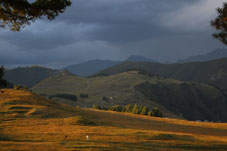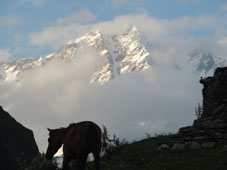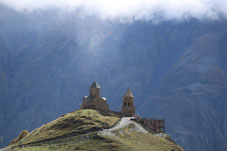Don’t forget the Mountains and its People!
By Guenther Baechler- Ambassador of Switzerland in Tbilisi, holds a PhD in political science and is a visiting professor at the Institute for European Studies at the University of Basel.
Thursday, December 11




